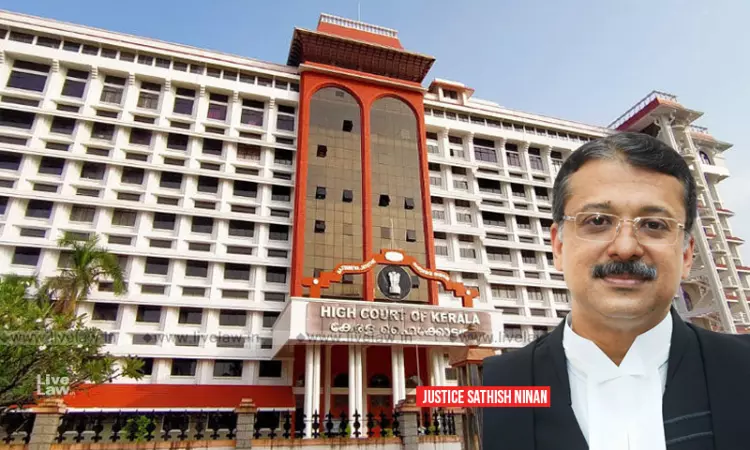The Kerala High Court recently held that a cheque issued as security would mature for presentation on default when payment is due. In the event of non-payment of the amount, the recipient of the cheque would be compelled to present the cheque for payment, the Court observed. A single bench of Justice Sathish Ninan observed “The very fact that the cheque was issued as security by itself...

